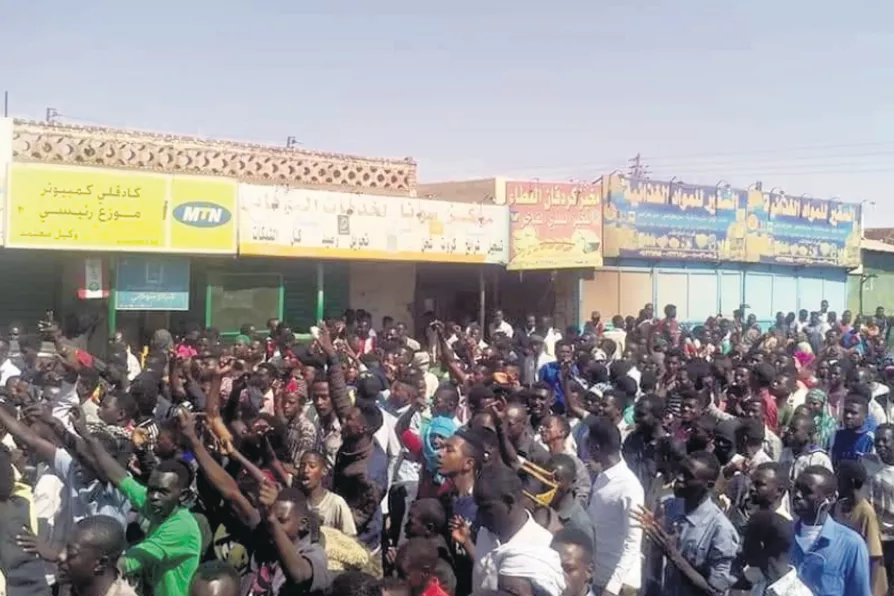Does widespread and uncontrolled use of AI change our relationship with scientific meaning? Or with each other? ask ROX MIDDLETON, LIAM SHAW and MIRIAM GAUNTLETT

 People chant slogans during a demonstration in Kordofan, Sudan, demanding that Omar Bashir step down, according to activists and video clips posted online
People chant slogans during a demonstration in Kordofan, Sudan, demanding that Omar Bashir step down, according to activists and video clips posted online
SINCE he took power in a military coup back in 1989, Omar Hassan Ahmad al-Bashir has ruled Sudan with a combination of corruption and repression.
Up to now, he has fended off armed rebellions, massive labour and other protests, and international attempts to prosecute him for genocide and other horrific crimes.
The Trump administration had helped him out in 2017 by ending sanctions on his regime, and he had allies in the region: Sudanese troops (including child soldiers) have been participating in the Saudi-led, US-supported rape of Yemen.

As the UAE-backed RSF carries out drone strikes on humanitarian infrastructure in war-torn Sudan, the US sells more weapons to the UAE, writes PAVAN KULKARNI

The plan is to stigmatise and destabilise South Africa in preparation for breaking it up while creating a confused and highly racialised atmosphere around immigration in the US to aid in denying rights to non-white refugees, explains EMILE SCHEPERS

Keir Starmer’s £120 million to Sudan cannot cover the government’s complicity in the RSF genocide or atone for the long shadow of British colonialism and imperialism, writes CLAUDIA WEBBE










